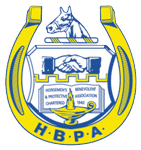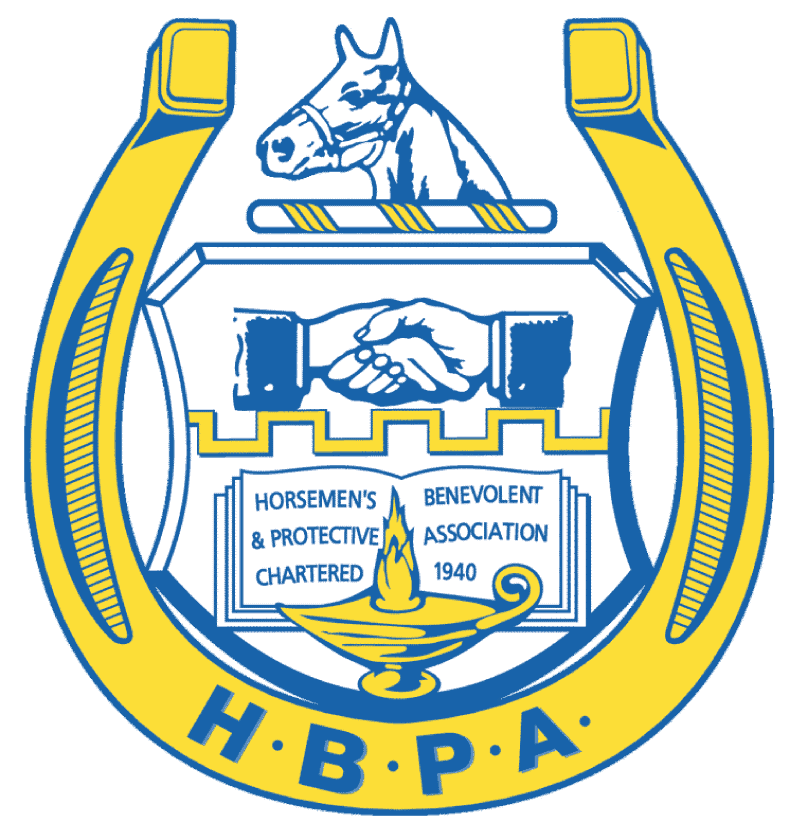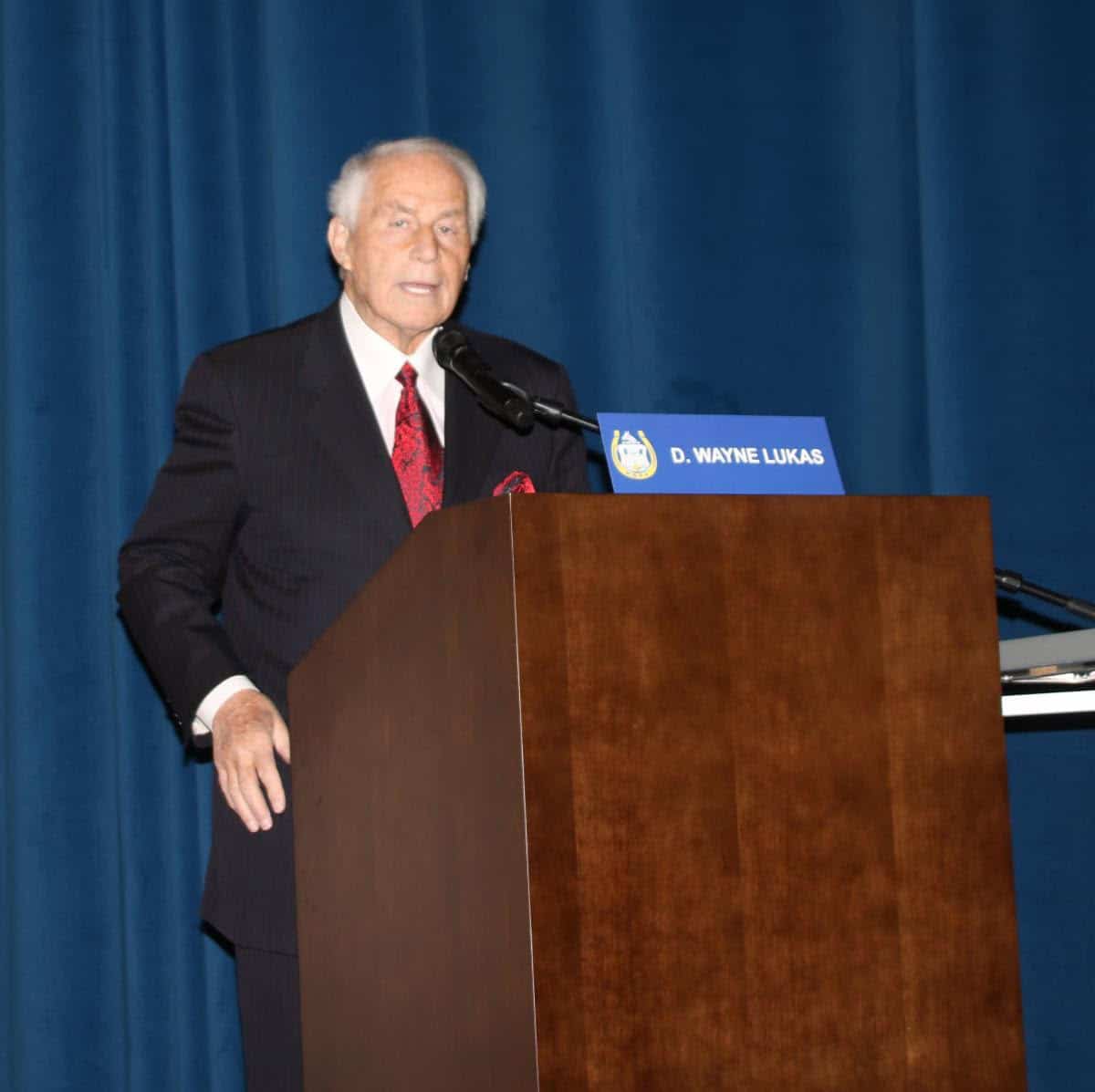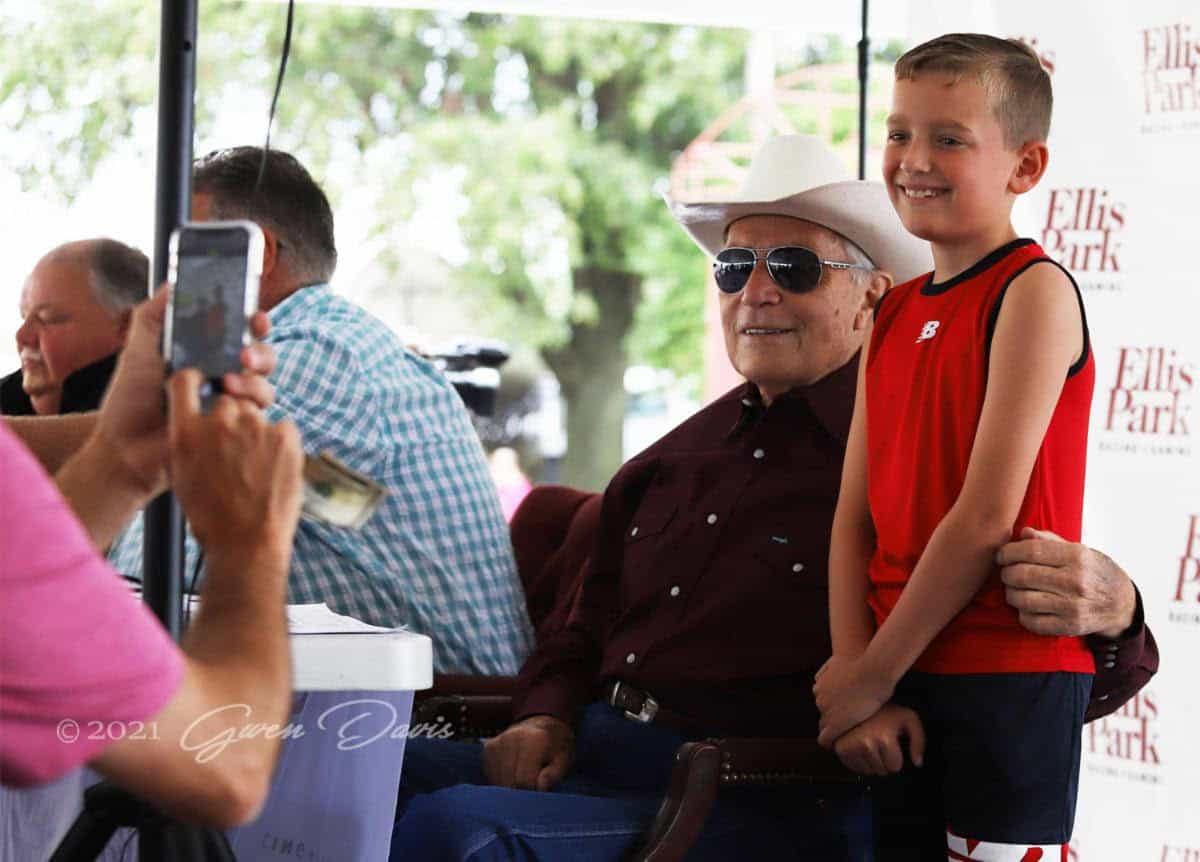PA: Threat of horse racing shutdown still looming
pennlive.com
State officials and stakeholders continue to hash out a deal to keep horse racing running in Pennsylvania, but the threat of a shutdown is still looming.
The Wolf administration last week said the State Racing Fund is operating in the red and leaving the commonwealth without the money to operate the sport throughout six casinos.
A spokesman for Gov. Tom Wolf on Monday deferred questions about the shutdown to the state Department of Agriculture, which met with industry stakeholders during the weekend.
More conversations are expected this week, said Brandi Hunter-Davenport, spokeswoman for the state department.
“While we remain optimistic that we’ll be able to reach a solution, we are ready to issue the shutdown notice on Friday,” she said.
If state officials and stakeholders can’t strike a deal, the suspension would likely take effect in late November, Hunter-Davenport said.
Wolf’s warning is an attempt to get lawmakers to pass a bill that would hand the $9 million annual burden of drug testing for horses from the state to the racing industry, according to The Philadelphia Inquirer.
Officials at Penn National Race Course are hoping for a solution before the end of the week.
“We certainly wouldn’t want any shutdown,” said Frank Lipkin, spokesman for the Grantville casino. “We don’t have any comment until a decision comes out of Harrisburg.”
Penn National opened in 1972 and has run about 200 nights of races each year since.
The track last year collected $75 million in taxable wagers, which generated about $2 million in revenue for the state, according to records from the state Department of Agriculture.
Parx Casino and Racing in Bensalem generated the most revenue ($4.6 million), followed by The Meadows Casino in Washington ($1.99 million), Penn National ($1.90 million), the Mohegan Sun at Pocono Downs in Wilkes-Barre ($1.4 million), Harrah’s Philadelphia Casino and Racetrack in Chester ($791,000) and Presque Isle Downs and Casino in Erie ($322,000).
There has been a 71 percent decline in wagers placed on live horse racing in the last 14 years, sliding from $1.46 billion in 2001 to $427.5 million last year, according to the state department.
The decrease has left the state with $11 million in revenues to cover $20 million in expenses.
Wolf has shown support for a bill, sponsored by Sen. Elder Vogel, R- Beaver, that would force the industry to pay for drug testing.
Vogel’s bill in June passed the Senate, 25-24, and is now in the House of Representatives.
Auditor General Eugene DePasquale released a statement Thursday urging the House to “swiftly act on legislation that would rescue this (racing) fund and thus protect an industry that generates $1.6 billion in annual economic activity in Pennsylvania.”
“Shutting down the horse racing industry would be devastating to the 500 horse breeders in Pennsylvania and the 23,000 people who are supported by the racing industry,” he said.
Last year, an Auditor General’s report found that State Racing Fund, established in 1981 to pay operating costs for the state’s two racing commissions, found that the Department of Agriculture had drawn more than $873,000 from the fund in order to cover budget shortfalls. It billed another $5.2 million over four years to cover personnel costs that could not be documented.
The Race Horse Development Fund, created in 2004 to help revitalize the industry and cover race purses, had similarly been used to balance the state’s budget. More than $185 million had been transferred to the general fund since 2010 with another $22.7 million diverted to other programs, the audit found.
Pete Peterson, spokesman for the Pennsylvania Equine Coalition, said the state’s use of the funds to balance the budget has hurt an industry that had already experienced a downturn in recent decades.
“It had a chilling effect on people coming into the state and doing business,” he said, since they rely on the purses to fund their operations.
Threats to halt racing altogether sent a similar shock wave across the racing industry this week, Peterson said. Many owners are now considering whether to send their horses out of state.
“The horse is a job producer, but they’re very mobile,” he said. “You can put them in a truck and race them down to Florida in a day.”
If the industry were to stop altogether, Peterson said it’s likely that some farms may close up altogether. That effect would ripple outward, with lost jobs, tax revenue and open space since the farms often preserve large areas of land from more intensive development.
The state Gaming Control Board also found that average slot revenues at the six casinos with attached racetracks increased 15 percent on race days versus non-race days, to $663,021 in 2014. Of course, the same year saw a 5.3 percent decrease in the amount of money—$765 million—wagered on horse races.
The industry has recognized the need for reform for a long time, Peterson said. But SB 352, the reform package sponsored by Vogel, has faced some push-back from stakeholders.
Their concerns revolve around the combining of the existing standardbred and thoroughbred commissions into a single entity and a “backstop provision” included in Vogel’s legislation that would allow the Department of Agriculture to cover commission shortfalls with money from the Race Horse Development Fund.
“It’s a blank check, pretty much,” he said.
Peterson said the single commission, meanwhile, could result in increasing conflict over the two types of horses, which generally have different medical requirements.
Mike Rader, a Vogel staffer and executive director of the Senate Agriculture and Rural Affairs Committee, said the backstop funding mechanism was meant only to cover costs not covered by the rest of the bill’s revenue generators. It may still change by the time the final legislation is voted on.
“It’s definitely something that’s workable,” he said. “We’re working on it now and it’s something that we hope to come to a resolution on.”
As for the concern about the single commission, Rader said, the new bill would allow for representatives from both sides on the commission, in addition to creating separate bureaus with separate directors within the commission and separate regulations, as well.
“That’s a governance structure we feel is better than what it is currently,” he said.
Rader said he’s optimistic that all of the stakeholders can come to a consensus within the week. Once that happens, the bill could soon go to a vote in the House.
“The racing industry is very important,” he said. “If we come to a consensus, that will start to establish a path forward to legislative action, but I can’t predict when either of those things will happen.”





